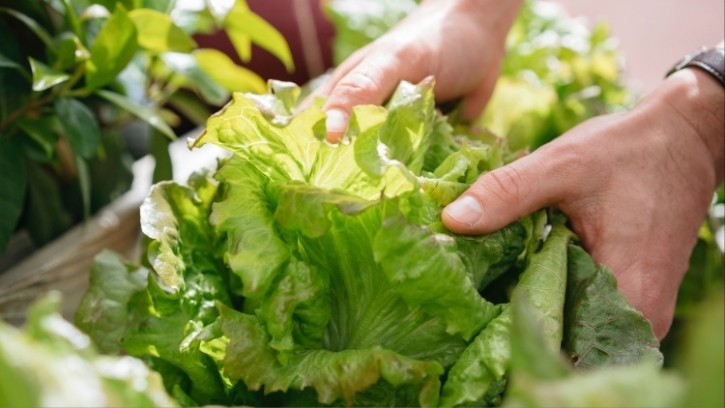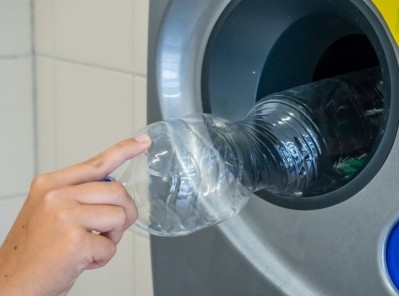News
Vertical farming could be ‘greener than first thought’

Researchers from the University of Surrey and the University of Aberdeen calculated that the vertical lettuce farm they observed produced the equivalent of 740g of CO2 per kilogram of lettuce.
This is comparable to the emissions created when growing lettuce in a field, but the vertical farm used a lot less land in the process.
In vertical farms, shelves of crops like lettuce or herbs are stacked on top of each other in a controlled environment. Plants can grow without soil by being drip-fed with nutrient-rich water or sprayed with mist onto their exposed roots.
At the lettuce farm where the researchers studied, electricity use made up nearly 40% of its total climate change impact. As such, the climate impact of vertical farming depends a lot on how that electricity is generated.
The researchers also studied other environmental impacts like land use, water use, and water pollution.
‘Greener than first thought’
Commenting on the results, co-author of the study and a senior lecturer at the University of Surrey’s Centre for Environment and Sustainability, Dr Zoe M Harris, said that the research was an “important” first step towards demonstrating that vertical farming is “greener than first thought”.
“Our findings show that vertical farms can help reduce the climate impact of farming, especially if their electricity comes from renewable sources,” Dr Harris explained.
“Vertical farming uses about 28 times less land than traditional farming methods. If all lettuce fields were replaced with vertical farms, we could save over 8,000 hectares in the UK alone.
“That could free up land to grow other crops. Vertical farms can also be built in cities, significantly reducing the impact of transporting the crop to the people who eat them.”
Michael Gargaro, a researcher at Surrey’s Centre for Environment and Sustainability, called for further research into the sustainability of the food sector to take place.
“One of the biggest environmental impacts came from the jute plugs the lettuce seeds are grown in,” Gargaro added.
“They made up 18 per cent of the climate change impact, as well as the lion’s share of the water pollution and land use too. Using another material could make a vertical farm even more sustainable. Future research should consider alternatives like coconut fibre, hemp or perlite.”
To learn more about health and safety within the food and drink manufacturing sector, register now for our exclusive editorial webinar on safeguarding your factory and supply chain.
The session is tailored for health and safety directors who are looking to enhance their strategies, mitigate risks and ensure their supply chains are resilient and compliant.
















